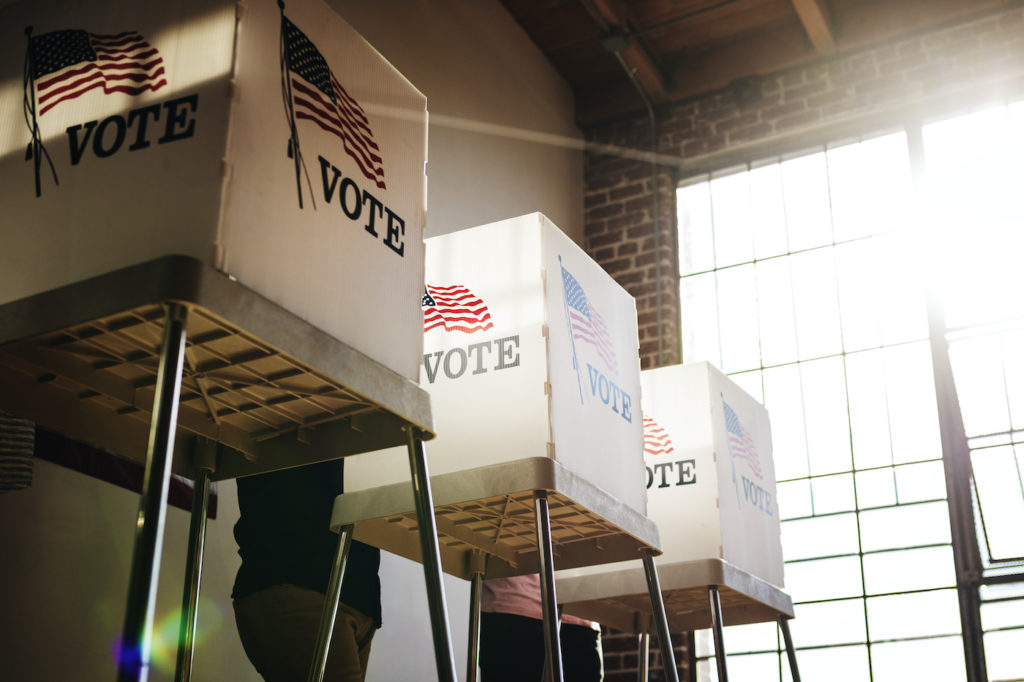Princeton University Professor of Politics Jan-Werner Müller is, beyond contest, one of our most prominent political historians, especially of democratic ideas. His magisterial Contesting Democracy: Political Ideas in Twentieth-Century Europe (2013) is a methodological triumph, charting the various successes and failures of democratic ideas in Europe from Max Weber to Vaclav Havel. It is also a story of fall and rise—of the collapse of liberal confidence in the wake of World War One, the hideous turn toward various authoritarians between 1918 and 1939, and the long struggle to recover a hard-won and scarred version of liberal democracy thereafter.
It has a happy ending—of a sort. The authoritarians failed, but “what emerged as dominant in Europe was a particular kind of liberal democracy—one that fell far short of many democratic ideas which had been formulated in the course of the twentieth century.” Nor were the blandishments of authoritarianism necessarily banished. For every Adenauer, there was a Carl Schmitt; for every John Paul II, there has been an Ayatollah Khomeini.
The U.S. election of 2016 posed for Müller a revived authoritarianism, in the form of an unleashed populism that elevated “an evidently unfit candidate to the highest office in the land.” Democracy Rules (2021) is Müller’s attempt to explain what he means by populist authoritarianism, while at the same time setting out what he believes are the true pillars of liberal democracy. But he does so, understanding that democracy always operates under a handicap.
Democratic Uncertainty
Start your day with Public Discourse
Sign up and get our daily essays sent straight to your inbox.Democracy’s handicap is uncertainty—democratic decisions may not always turn out to be what large portions of a nation are happy with, or even regard as true, and the decision-making process involves listening to voices that large numbers of people may not want to hear, or even should hear. And in times of crisis, it is this uncertainty that makes authoritarianism appealing. “There is no particular reason to be optimistic about democracy at this point,” Müller writes. He continues, “[T]hose bent on subverting it are at least as busy perfecting a populist-authoritarian art of governance as defenders of democracy are racing to issue crisis manuals.”
Part of democracy’s uncertainty lies in its very definition. We can define a dictatorship in ten words or fewer, but definitions of democracy sprawl all over the field. Müller’s definition involves two political quantities, freedom and equality—freedom, in the sense of liberty of speech, assembly and association (including political parties), and equality in the sense that a democracy does not deny the standing of any of its citizens as equal political participants. Freedom and equality do not, unhappily, guarantee historical longevity; as Donald Kagan once remarked, democracy is “one of the rarest, most delicate and fragile flowers in the jungle of human experience.” What give Müller’s two qualities room to breathe are elections (which generate “collectively binding decisions for a polity”), regularity (predictable times or places when those decisions are made), and independent institutions (in the past, coffeehouses, salons, the Athenian agora, but which today mostly means a free media).
Democracy’s handicap is uncertainty—democratic decisions may not always turn out to be what large portions of a nation are happy with, or even regard as true.
And yet, none of these provides a cushion for uncertainty. This is because, echoing the great Austrian jurist Hans Kelsen, Müller believes democracy has no mission to establish truth. The problem is that truth—or at least a modicum of certainty—is yet another quantity people crave in a democracy. Nevertheless, Müller writes, “democracy has a deep philosophical affinity with relativism.” By not banishing or executing the losers, democracies concede to the losers the possibility that they might be right, or that at least the winners do not possess all the truth. And it is this constant provisionality, politically speaking, that makes democracy difficult for some—integralists and “common good” conservatives most recently—to embrace, much less to sacrifice for.
Two Parties, Or Many?
Müller wants to believe that democracy is not entirely relativistic: democracy should be surrounded with a “hard border” of facts that prevents democratic decision-making from slipping into fantasy. Yet identifying good examples of such hard borders is no easy task. Nor is it easy for Müller to pinpoint the virtues of political parties and political media, which he hopes to see as adjuncts to democracy itself. “Parties and media provide the essential infrastructure of democracy,” Müller declares, “they help citizens associate with one another.” And for that reason, Müller adds, political parties should be easy to form and easy to multiply. Granted, this may produce “a proliferation of parties tricking citizens into wasting their votes” on “clown candidates” (like the Brazilian comedian, Francisco Everardo Oliveira or—my favorite—New Haven’s Guilty Party).
But for Müller, the American assumption of just two dominant political parties “absorbing all political demands from society” merely allows the party leaders to “lock down political markets.” But that raises a question about the American environment. A proliferation of parties (many of them short-lived) suits the European parliamentary systems Müller has written about at length. But the long-term persistence of a two parties in American life since the nineteenth century reflects a different conception of political parties. Democrats and Whig-Republicans embody not merely short-term political policies and personalities but long-term political cultures. These cultures have remained remarkably stable even as the policies and personalities have changed.
Media and Mediating Institutions
It is not clear, either, that Müller’s confidence in the media as a resource for democratic deliberation is entirely justified. When we realize that 90 percent of the American media are owned by just six corporations—GE, Newscorp, Disney, Viacom, TimeWarner, and CBS—then Müller’s insistence that “citizens need some assurance about the autonomy of what they’re opting for” begins to fail on the lips. His personal preference would be the creation of non-profit media, along with a voucher system to promote fast-disappearing local journalism. But even that, Müller recognizes, “is no panacea.” A century and a half ago, virtually all American journalism was local—and it was viciously and unashamedly partisan. And he concedes that, today, “a well-organized minority with a peculiar agenda” could easily seize control of a media non-profit, despite public oversight.
What is curious in Müller’s recommendations for democracy is the absence of recommendations for any other mediating public institutions—the voluntary associations, the churches, the local governments—that Tocqueville thought so significant a feature of American democracy. (In fact, what is unusual in Müller’s book is the near-absence of Tocqueville, despite Kelsen’s insistence that local norms of law are the key to understanding the well-being of a regime).
It is bureaucracies that administer elections, register members of parties, establish rules for public health and commerce, and increasingly oversee and regulate media—and, in the process, displace Tocqueville’s mediating institutions.
Bureaucratic Democracy
That uncovers another omission in Müller’s worries about democracy, and that is any mention of the emergence of mammoth bureaucracies within modern democracies. It is those bureaucracies that administer elections, register members of parties, establish rules for public health and commerce, and increasingly oversee and regulate media—and, in the process, displace Tocqueville’s mediating institutions. Yet Müller has little to say about the potentially damaging impingement of bureaucratic whim and intervention on democratic decision-making. It would be interesting if Müller looked again at populist rage, and wondered if it was not so much a rebellion against democracy, led by demagogues, as a rebellion against bureaucracy, led by the over-managed.
To be fair to Müller, Democracy Rules is not a comprehensive treatise in political theory, and so complaints about omissions run the risk of pedantry. Müller certainly entertains no illusions about cheap shortcuts to democratic success. Balanced against Müller’s genuine hopes for democracy, there is one haunting fear that surfaces at the beginning and the end of Democracy Rules, and that is the suspicion that whatever fate is in store for modern democracy, it may happen by default or mischance because too few people are sufficiently unalienated by democracy’s failures to care. He is concerned that the über-wealthy have “seceded” from “a halfway decent social contract,” while those at the “lower end of the income spectrum” have also “seceded” from democratic participation out of sheer despair.
Democracy Rules is thus a pessimistic book that struggles to say hopeful things. It is not the careful, scholarly assessment that we find in Contesting Democracy. It is an opinion essay, bristling in its denunciations, severe in its fury at today’s politicians, but without extensive practical direction for exactly what to do. Still, Democracy Rules is on the side of the angels: Müller’s own personal prescriptions for democracy may not be sufficient for what we want, but some version of democracy surely is. The question Müller leaves with us is how much uncertainty, or untruth, we are prepared to tolerate in order to get it.













